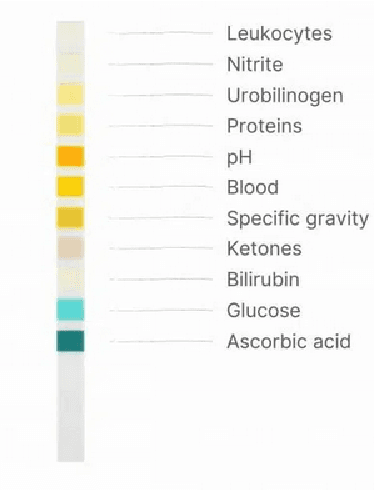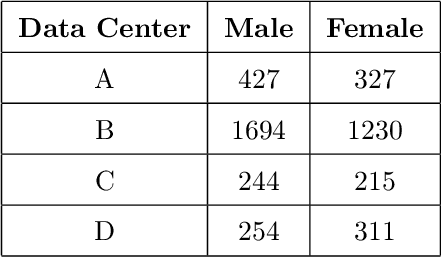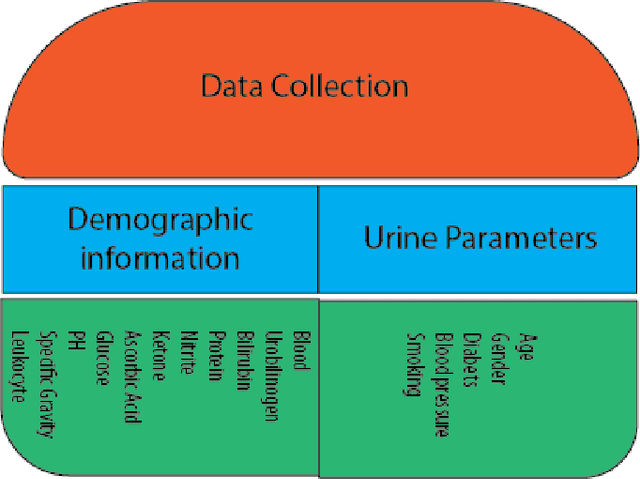Alborz Jahangirisisakht
An Ensemble Machine Learning Approach for Screening Covid-19 based on Urine Parameters
Nov 03, 2023



Abstract:The rapid spread of COVID-19 and the emergence of new variants underscore the importance of effective screening measures. Rapid diagnosis and subsequent quarantine of infected individuals can prevent further spread of the virus in society. While PCR tests are the gold standard for COVID-19 diagnosis, they are costly and time-consuming. In contrast, urine test strips are an inexpensive, non-invasive, and rapidly obtainable screening method that can provide important information about a patient's health status. In this study, we collected a new dataset and used the RGB (Red Green Blue) color space of urine test strips parameters to detect the health status of individuals. To improve the accuracy of our model, we converted the RGB space to 10 additional color spaces. After evaluating four different machine learning models, we proposed a new ensemble model based on a multi-layer perceptron neural network. Although the initial results were not strong, we were able to improve the model's screening performance for COVID-19 by removing uncertain regions of the model space. Ultimately, our model achieved a screening accuracy of 80% based on urine parameters. Our results suggest that urine test strips can be a useful tool for COVID-19 screening, particularly in resource-constrained settings where PCR testing may not be feasible. Further research is needed to validate our findings and explore the potential role of urine test strips in COVID-19 diagnosis and management.
 Add to Chrome
Add to Chrome Add to Firefox
Add to Firefox Add to Edge
Add to Edge